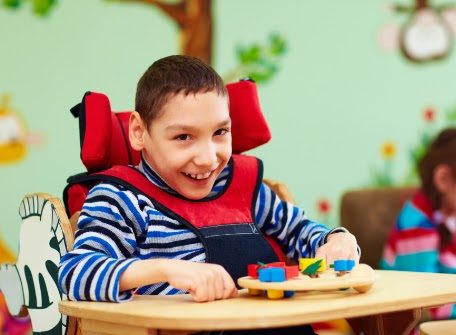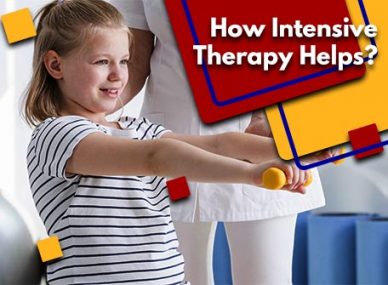What is Intensive Therapy?
Intensive therapy differs tremendously from long term pediatric therapy in many aspects. It is not just a more intense form of therapy (daily and for longer hours).
It differs completely in terms of goal setting and approach used with children (Cerebral palsy, autism, down syndrome, or other neurological disorders).
In a nutshell, the Intensive therapy model is a more intense model of therapy, where the child works daily for a period of 3 consecutive weeks. This model produces fast results achieving milestones.
It is used for various diagnoses and is feasible for Physiotherapy, occupational therapy, Speech therapy, feeding therapy as well as behavioral therapy.
Why Intensive Therapy?
Because it gives results. Intensive Therapy is a widely used model worldwide for pediatric therapy (children rehabilitation) that is efficient.
When to do an Intensive?
When the child is very close to achieving a milestone. When your pediatric therapists/doctors in the pediatric medical / pediatric therapy setup sees that the child is very close to achieving a milestone, it means it’s time to go intense.
How is an Intensive designed?
The Intensive therapy model is designed so you have 2-3 short term goals, milestones, or improvements that you can help the child attain in 3 weeks.
A pre intensive assessment with scores is done and a post one as well ensuring progress and gains.
Please feel free to send our pediatric therapists / doctors your child’s reports to help advise you if Intensive Therapy will help your child



